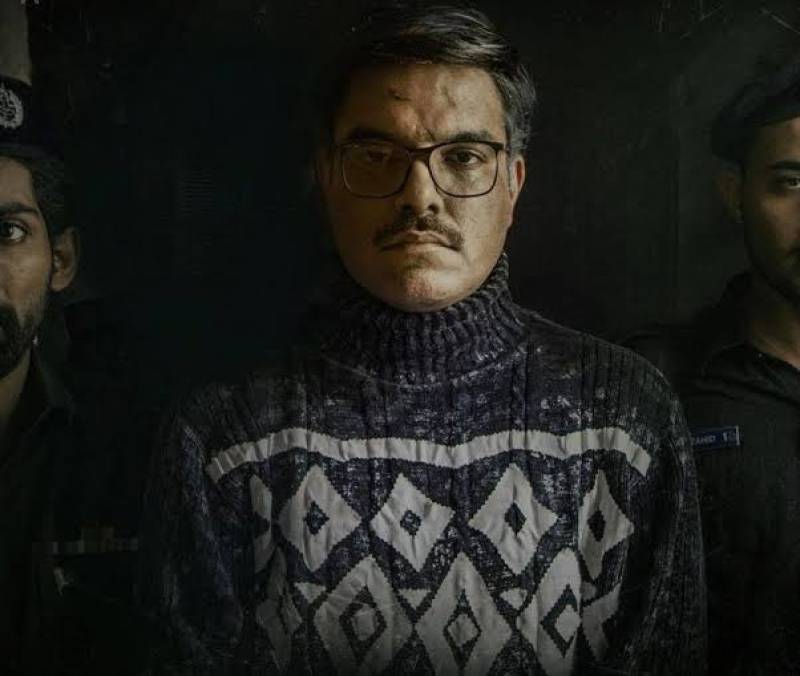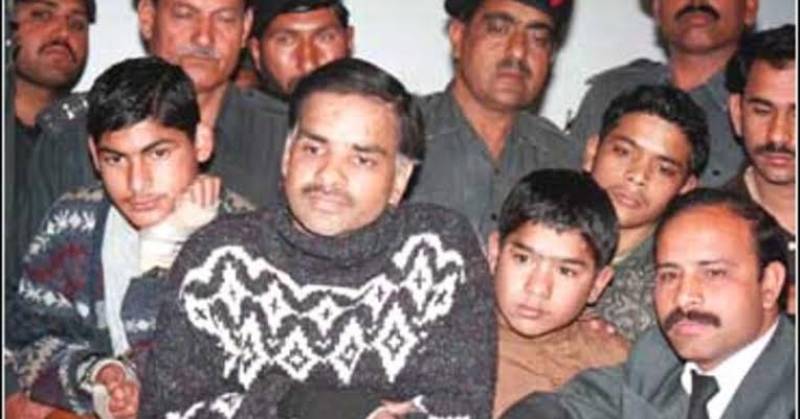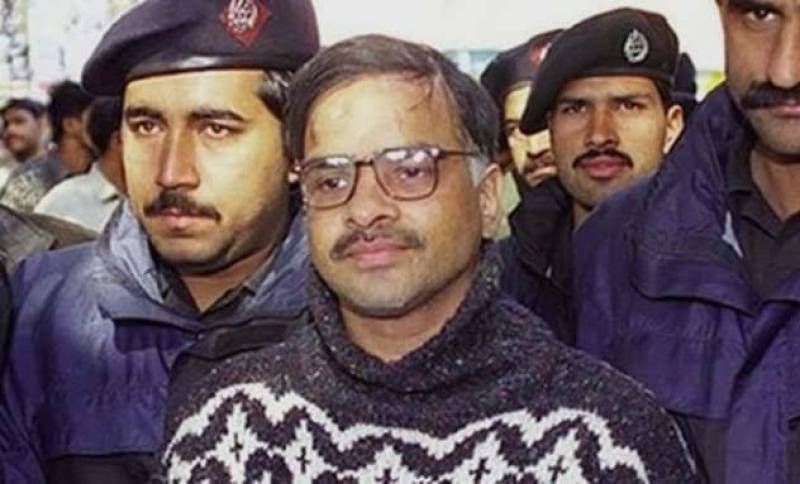Yasir Hussain’s New Role As ‘Javed Iqbal’ Sent Us On An Unwanted Trip Down Memory Lane

Yasir Hussain recently shared a photo on Instagram, showing him as the notorious serial killer, Javed Iqbal, who committed crimes of sexual abuse and murder of more than 100 children in Lahore. He was arrested in 1999 and had been doing this for quite some time. His crimes stand as one of the most horrific ones recorded in Pakistan to date.
Hussain posted the photo along with the caption, 'Javed Iqbal: The Untold Story of A Serial Killer, coming soon!". This has received immense feedback from people of various kinds, some supported and excited for the film, and many questioning the production of a movie indirectly promoting a rapist and pedophile in times where sex crimes against children are on the rise.
Javed Iqbal: The Untold Story of A Serial Killer is a film is from the perspective of the police officer who is investigating Iqbal. Iqbal did not serve his sentence, as he killed himself before it could be carried out. The movie is said to be released in cinemas, but the release date is still not confirmed.
Who is Javed Iqbal?

As the conversation regarding this movie increases, many people would wonder about Javed Iqbal and why his name is associated with such terror.
Iqbal belonged to a family of ten and had seven siblings. He lived a life that is quite normal to us: he went to school and attended Government Islamia College. While completing his bachelor's, he started a steel recasting business. Iqbal lived, along with boys, in a villa in Shadbagh which his father had bought for him.
However, things began a twisted turn once the police received a letter from Iqbal in 1999 confessing to the murder and rape of more than 100 boys in Lahore.

All of the boys were between the ages of 6 till 16. He also claimed to have strangled and dismembered the bodies of his victims, which were majorly runaway or poor orphans the lived in the streets. He got rid of their bodies using barrels of hydrochloric acid, and then discarded the remains in a river.
Iqbal's house was covered with bloodstains on the walls and floor, and a chain, according to the police's reports. He used the chains to strangle victims, and many photographs of his victims were found in bags with labels. He left the police with evidence of his crimes, as his house had two containers of acid, with the remains of two victims.
The letter said that Iqbal tried to kill himself in the river, but he failed. The police searched for him and eventually arresting three teenagers that lived with Iqbal in his house. One of them died by throwing himself from the window.
After a long month, he was finally arrested at the Daily Jang offices on 30 December 1999. He said he wished to be found as he thought the police would kill him.
Iqbal was sentenced to death; the judge gave a sentence saying "You will be strangled to death in front of the parents whose children you killed, your body will then be cut into 100 pieces and put in acid, the same way you killed the children." The Interior Minister, Moinuddin Haider, contradicted the sentence by stating that Pakistan is a signatory of the Human Rights Commission, so "such punishments are not allowed."
In the end, Iqbal hanged himself in his cell before his execution, along with his accomplice in the other cell next to him.
